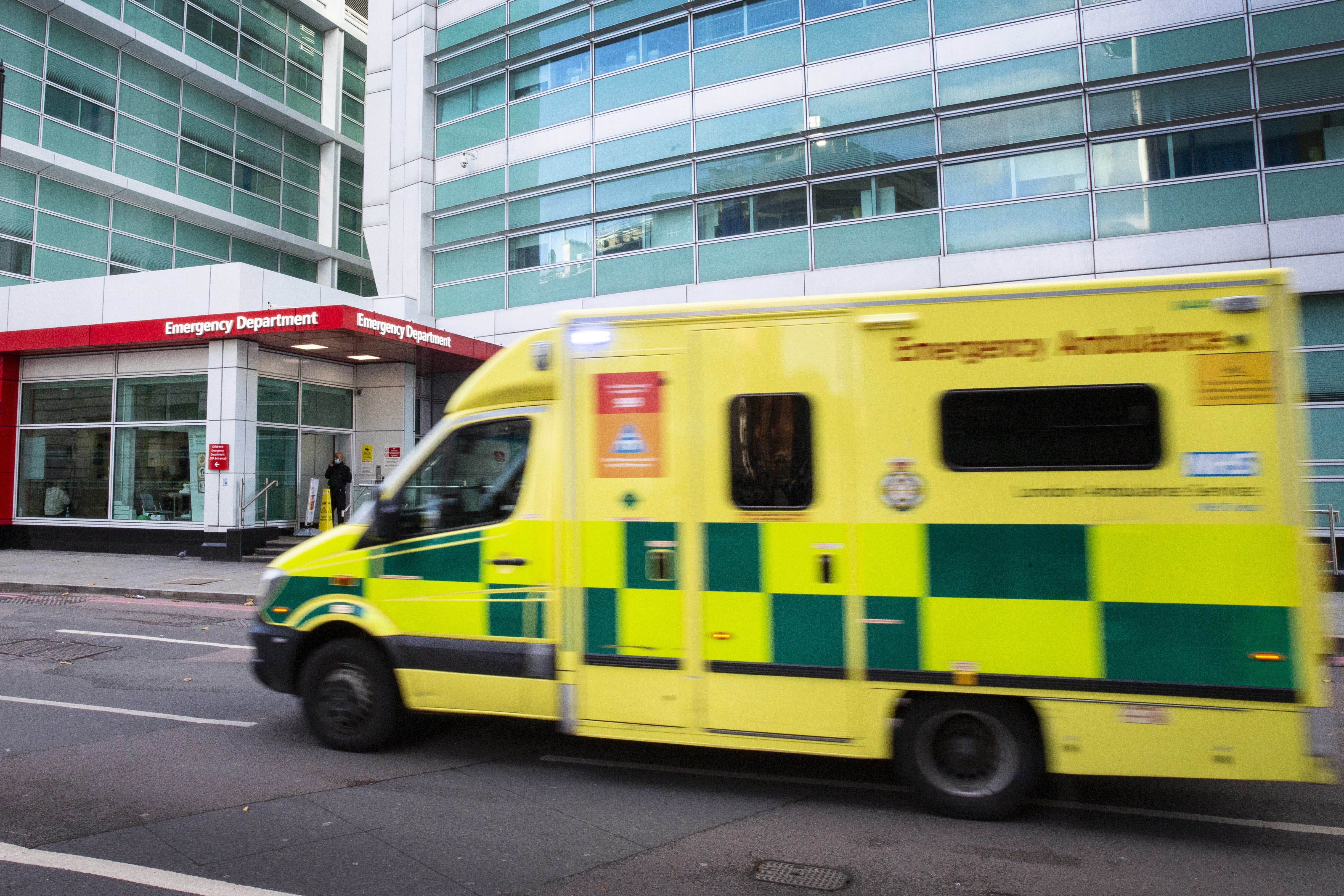Everything you need to know about the ambulance strikes
Strikes to take place on 21, 28 December, 23 January and 6 February

Ambulance workers, paramedics, technicians, call handlers and other NHS staff will walk out in England and Wales in the coming days in action that will affect non-life threatening calls.
It comes as the UK faces weeks of strikes in the weeks across different industries, causing widespread disruption.
Here we look at everything you need to know ahead of the ambulance strikes:
When are the strikes?
The first ambulance strikes took place on Wednesday 21 December and 28 December. Thousands of ambulance workers will also stage a walkout across England and Wales on Monday, 23 January.
More action is planned for 6 February when workers will likely hold the biggest strike the NHS has ever experienced. Thousands of nurses and ambulance workers are due to stage walkouts if no deal has been reached by then.
Who is striking?
Members of three unions, GMB, Unison and Unite, which represent around 25,000 ambulance workers, are walking out on a coordinated strike on 23 January.
Up to 15,000 Unison ambulance workers will strike for the third time in five weeks and will be joined by 5,000 of their NHS colleagues at two hospital trusts in Liverpool.
GMB union members staged strikes at nine trusts on 21 and 28 December.
The action involved ambulance workers, paramedics, call handlers and emergency care assistants in 10 out of 11 NHS trusts in England and Wales.
Why are they striking?
The latest strike on Monday comes as unions have accused the government of not wanting to find a resolution to what has become an escalating and bitter dispute over pay.
The unions voted to strike in a dispute over the Government’s 4 per cent pay award.
It comes as a real terms pay cut with the UK’s current inflation standing at 11 per cent.
Which areas will be affected?
The date and timings of the walkouts will vary between each union and ambulance service, as will the number of staff striking in each area.
More than 10,000 GMB members staged strikes across nine trusts in England and Wales on both 21 December and 2 December.
These included:– South West Ambulance Service– South East Coast Ambulance Service– North West Ambulance Service– South Central Ambulance Service– North East Ambulance Service– East Midlands Ambulance Service– West Midlands Ambulance Service– Welsh Ambulance Service– Yorkshire Ambulance Service.
Meanwhile, Unison members, including paramedics, emergency care assistants, ambulance technicians and other 999 crew, walked out at five services on 21 December.
These are:– London Ambulance Service– Yorkshire Ambulance Service– North West Ambulance Service– North East Ambulance Service– South West Ambulance Service
Workers represented by the Unite union walked out on 21 December at the following services:
– North West Ambulance Service– West Midlands Ambulance Service– North East Ambulance Service
The regions most likely to be hit worst are the North East and North West of England, where all three unions have voted to strike.
Meanwhile, the East of England Ambulance Trust is the only one not affected by the walkouts.
Can you get an ambulance?
It is expected that all category 1 calls – the most life-threatening such as cardiac arrest – will be responded to.
Some ambulance trusts have agreed to exemptions with unions for specific incidents within so-called category 2 which covers serious conditions, such as stroke or chest pain.
However, patients in category three – typically including falls – and category four are unlikely to be sent an ambulance during the strikes.
Military personnel are being drafted in to provide support on ambulance calls during the strike but will not drive ambulances on blue lights for the most serious calls.
What should you do in an emergency on strike days?
The Department of Health and Social Care has said advice remains for people to call 999 in an emergency.
Health minister Will Quince urged people to stay safe during Wednesday’s strike, telling BBC Breakfast: “Where people are planning any risky activity, I would strongly encourage them not to do so because there will be disruption on the day.”
The health minister also told the public that in any emergency calling 999 should still be the first option.
“But the key thing is for anybody that does have an emergency situation or a life-threatening situation that they continue to call 999 as they would have done previously, and for any other situation, NHS 111 or NHS 111 online.”
Bookmark popover
Removed from bookmarks